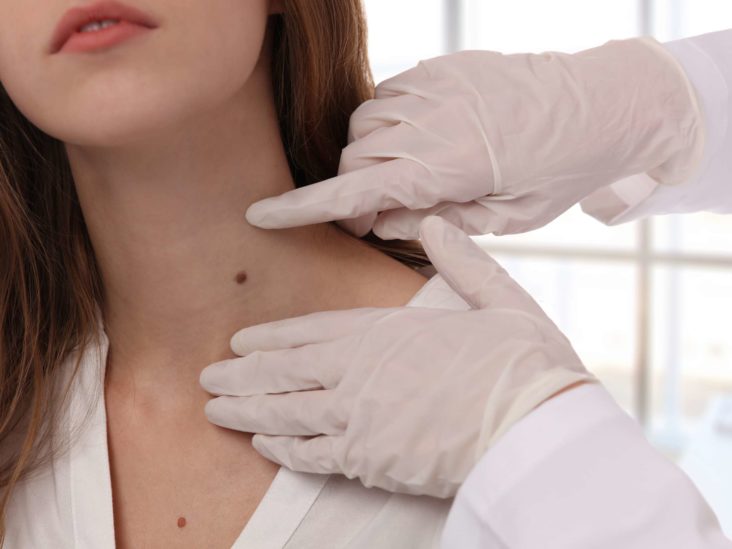
Cancer is the third most common health condition among seniors in the United States. According to the Skin Cancer Foundation, skin cancer is the most prevalent form of cancer in the United States. Skin cancer is a general term used to describe a group of cancers. The risk of skin cancer increases with age. According to the National Library of Medicine, skin cancer mostly affects people ages 65 and older.
Medicare covers services medically necessary to treat or diagnose a medical condition. Medicare covers many diagnostic tests and treatments for skin cancer. However, how they’re covered can vary depending on your situation.
Original Medicare skin cancer treatments and services
Skin cancer treatment options can vary by the type and progression of cancer. Available treatment options include surgery, radiation, immunotherapy, photodynamic laser therapy, chemotherapy, and oral and topical medications. Original Medicare Parts A and B cover many of these skin cancer treatment options if deemed medically necessary.
Medicare Part A
Medicare Part A is your inpatient coverage. If you receive one of the above treatments as an inpatient, Medicare Part A will cover your treatment. For example, if you’re formally admitted into the hospital and receive chemotherapy during your stay, Medicare Part A will cover it.
Medicare Part A has a deductible of $1,484 in 2021. This deductible covers your first 60 days as an inpatient. You may incur Part B services during your stay, and those will fall outside of your Part A deductible.
Medicare Part B
Medicare Part B is your outpatient medical coverage. Medicare Part B covers approved skin cancer treatments at 80%, leaving you with 20% coinsurance. For example, if you aren’t admitted to the hospital and are merely there to receive chemotherapy as an outpatient, Medicare Part B will cover it rather than Part A.
Medicare Part B will also cover dermatological services if they are medically necessary. For example, Part B may cover a biopsy of your skin to diagnose or rule out skin cancer but will not cover a full body check for any suspicious lumps or spots.
As of 2021, Medicare Part B’s deductible is $203 per year. Part B won’t start covering your approved services at 80% until you have met the annual deductible. If you also have a Medigap plan, it will likely cover your Part A deductible and your Part B coinsurance.
Medicare Part D skin cancer treatment
Medicare Part D provides prescription drug coverage for non-Part B medications. Part B medications generally include those administered to you by a medical professional or used with durable medical equipment, such as intravenous chemotherapy and immunotherapy. Other prescription drugs will need to be purchased through your Part D plan.
Private insurance carriers administer Medicare Part D plans, so coverage varies by plan. You’ll want to enroll in a plan that covers all or most of your medications at the most cost-effective price. You can shop Part D plans using the Medicare Plan Finder tool online.
Medicare Part D plans cover oral, topical, and other types of medications used to treat skin cancer. If your plan covers your prescriptions, you’ll likely have to pay the retail cost until your deductible has been met. Once your deductible is met, you’ll be responsible for a smaller portion of the price in the form of a copay or coinsurance.
Part D skin cancer medications can be expensive. Fortunately, all Medicare Part D plans have a catastrophic coverage limit that, if met, requires your plan to cover about 95% of your drug costs for the remainder of the year.
Medicare Advantage skin cancer treatment
Private insurance carriers also administer Medicare Advantage plans. Unlike Medigap plans that pay after Original Medicare, Medicare Advantage plans pay instead of Original Medicare. Therefore, your coverage is determined by your Medicare Advantage plan.
Fortunately, Medicare Advantage plans are required to offer at least the same benefits as Part A and Part B. However, your cost-sharing is up to the plan carrier. For example, you may have a $10 copay to see your primary care physician but a $50 copay for a dermatologist. Unlike Medicare, your plan may also require referrals to see specialists.
Medicare Advantage plans will still cover your medically necessary skin cancer treatment, but likely at a different cost-sharing than Original Medicare. You can discuss how your specific coverage will cover your skin cancer treatment with your doctor if you’re unsure.







